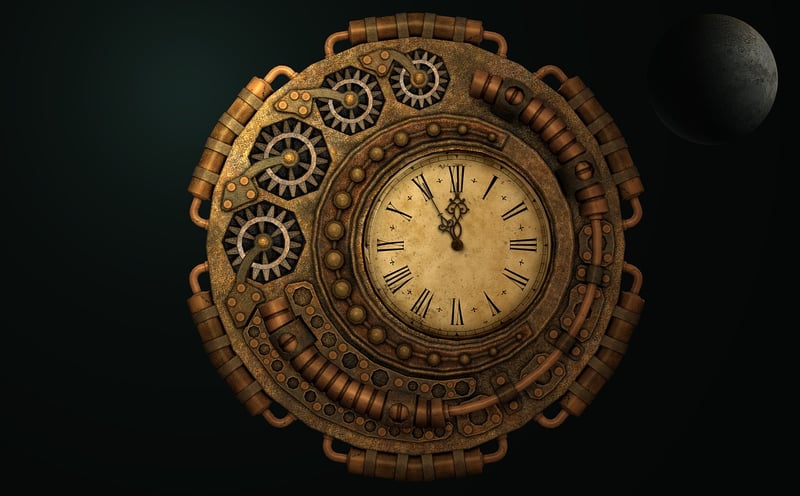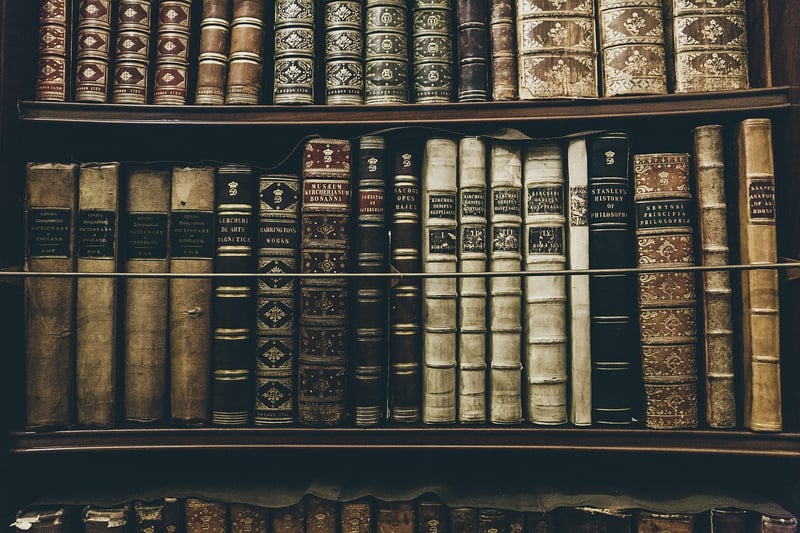Altering History
The Moral Implications of Altering History
History is often viewed as a record of past events that shape our present and future. However, what if we had the power to alter historical events? The concept of changing the course of history raises numerous moral implications that deserve careful consideration.
1. Ethical Dilemmas
One of the primary moral implications of altering history is the ethical dilemmas it presents. Who has the right to decide which events should be changed? Would altering one event lead to unintended consequences or paradoxes?
2. Cultural Integrity
History plays a crucial role in shaping cultural identities. By altering historical events, we risk erasing important cultural heritage and identities that have been shaped by past experiences.
3. Learning from Mistakes
History serves as a valuable teacher by showcasing the consequences of past actions. Altering history could prevent future generations from learning from the mistakes of the past, potentially leading to repeated errors.
4. Butterfly Effect
The butterfly effect suggests that small changes can have large, unpredictable effects. Altering a seemingly insignificant historical event could have far-reaching consequences that we cannot foresee.
5. Preserving Truth
Historical accuracy is crucial for understanding the truth of past events. Altering history could distort the truth and lead to a skewed understanding of our collective past.
Conclusion
While the idea of altering history may seem intriguing, it comes with significant moral implications that must be carefully considered. Preserving the integrity of historical events, learning from the past, and respecting cultural identities are essential aspects to bear in mind when contemplating the alteration of history.

Explore further: The Moral Implications of Changing History
